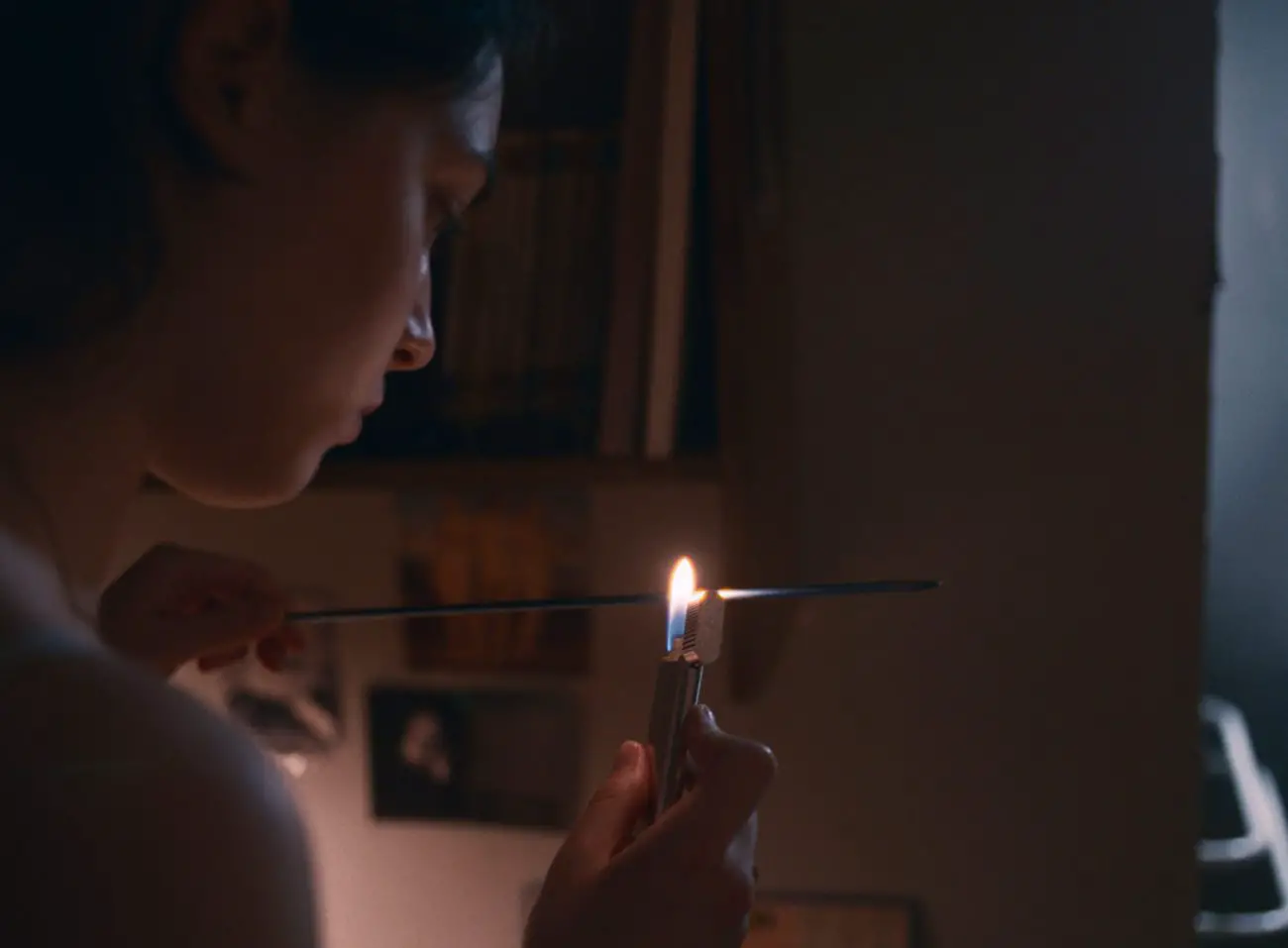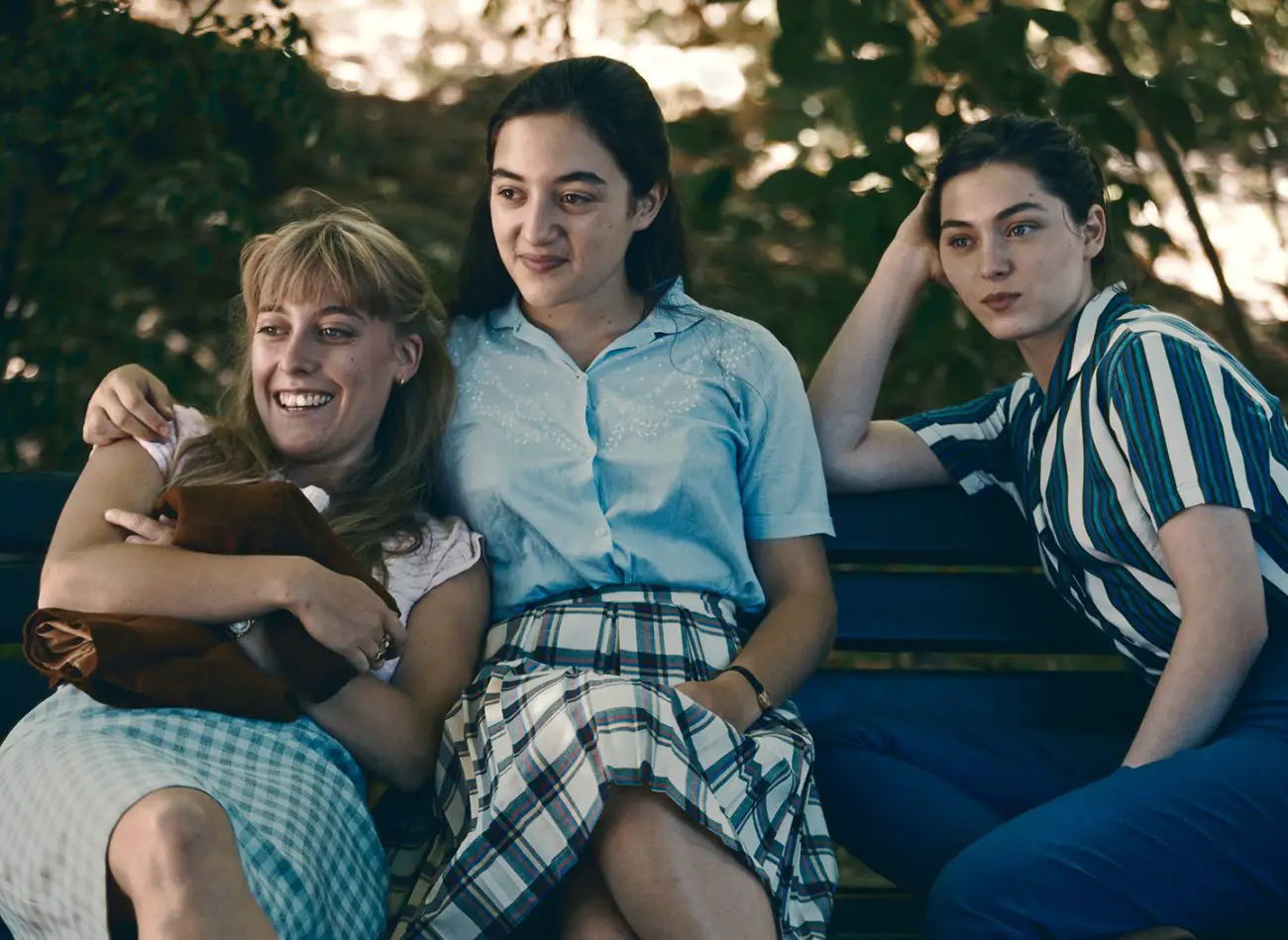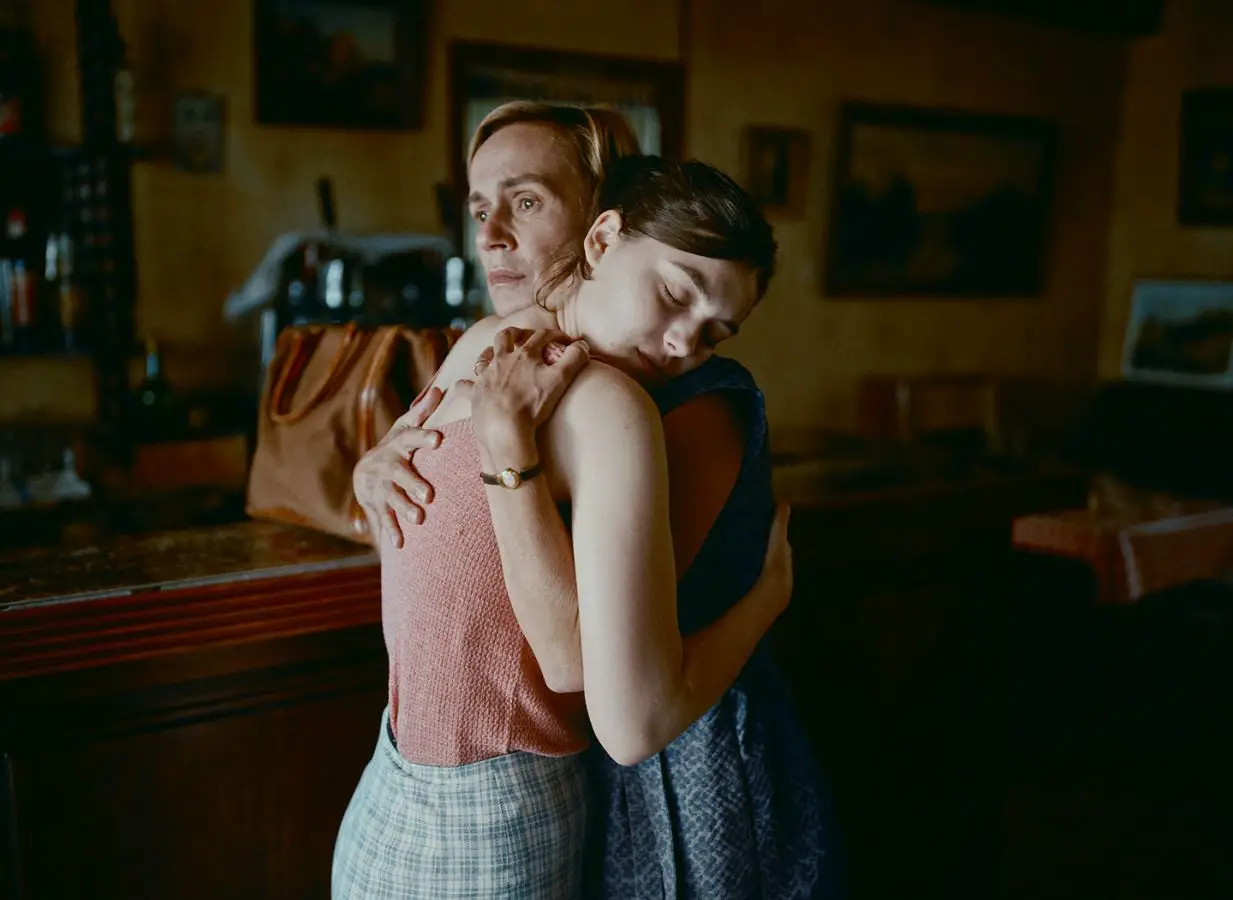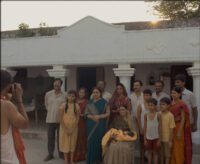A feature film about the suffering, angst and mortal risk caused by the draconian laws of France’s recent past might not have seemed so excruciatingly relevant a week ago. But with the terrifying recent developments in the United States Supreme Court, Happening suddenly became a film I couldn’t take lightly. Great films have been made about abortions and the harm that their inaccessibility can do, but few are quite so laser-focused on the topic, or approach it with such an authoritative and appropriate measure of both candor and tact. It makes its argument for the necessity of accessible abortions without dishonesty or aggression, though the timing of its release leaves it primed to be drawn into heated arguments that it is well above.

Based on the semi-autobiographical novel by Annie Ernaux, Happening follows Anne (Anamaria Vartolomei), a smart, observant and ambitious young woman studying in rural France in the 1960s when she catastrophically falls pregnant. Falling victim to, as she puts it, “the malady that only afflicts women, and turns them into housewives”. With her university entrance exams looming, her future career and studies slipping away from her, no-one to help her and a medical establishment that will send her to prison if she refuses to become a mother, she resorts to desperate measures to alter her fate.
Despite, or perhaps because of the unexploitative manner in which these ‘desperate measures’ are presented by the film, they still provide scenes more excruciating than any in say, Titane, a film which also involves an unwanted pregnancy and firefighters. There’s a surprising number of little echoes throughout Happening of other similarly themed movies: lead actor Anamaria Vartolomei shares a first name with Anamaria Marinca, star of the far bleaker 4 Months, 3 Weeks, 2 Days and her co-star Luana Bajrami played the young servant who was the centre of the abortion subplot of Portrait of a Lady on Fire.
However, the closest referent to Happening in my mind was Eliza Hittman’s masterpiece Never Rarely Sometimes Always, which I feel will likely remain the eternal yardstick against which abortion-themed films are to be measured. Happening uses some similar techniques and draws some similar conclusions about the necessity and beauty of sympathetic emotional support, but it isn’t as immediate, visceral or enrapturing as that film was.

The unobtrusive period setting gives the film some remoteness, but also the authenticity of historical piece and memoir, although it does rather lack the autobiographical details that could’ve brought its drama into a shocking focus. Director Audrey Diwan still displays real confidence and maturity though. Despite its thoroughly realist aesthetic, the film still makes excellent use of shallow focus and deep shots, using dramatic compositions to isolate its protagonist from her surroundings, reinforcing her sense of beleaguered isolation, while allowing the audience a sutured intimacy with her situation as she finds herself increasingly lost in her own head, her pregnancy consuming her thoughts, her secret cutting her off from others.
The film’s centrepiece, likely the scene that most inspired Diwan, is of course the climactic scene of unlicensed, unanaesthatised surgery. Unfolding in a single take from over Anne’s shoulder, it’s the best scene in the film and it had to be, as we fall with Anne into the severe, authoritative hands of her savior Madame Riviere (Anna Mouglalis).
The rest of the film is a litany of societal failings, as Anne is besieged on all sides by uncomprehending tutors, classmates and parents, medical practitioners with their hands legally tied, and boys unsympathetic to her plight. In 1960s rural France, the stigma of being a sexually active young woman at all is sufficient to burn her cheeks with judgement, let alone trying to terminate an unwanted pregnancy. Men are blind to her suffering, but keen to encourage the promiscuity they infer about her upon learning of her situation – something she sometimes takes them up on, occasionally desiring the opportunity to live down to her irresponsible reputation and enjoy the one part of her situation she does have control over. More sympathetic women pity her misadventures, thinking “gee, thank god that’s not me” as she lives out their worst case scenario, while others just shake their heads in judgment at her loose morals.

The film won the Golden Bear for Best Film at the Venice Film Festival and became a surprise BAFTA nominee despite not having been theatrically released in the UK at the time (illustrative of the lengths BAFTA had to go to to avoid nominating Spencer for anything). Diwan certainly directs with a more skillful and delicate hand than many another production, including some of her fellow nominees, and the inscrutable lead presence of Anamaria Vartolomei gives the film much of both its uncompromising candor and its subtlety. The film can be a cold watch but Vartolomei’s commitment to the performance, which one might crassly characterise as brave, is a necessarily human element at its core, providing audiences with an intimate portrait of a character who serves in many ways as a blank slate, giving voice for many who found themselves in similar situations, but whose agency and devotion to her future drives the film’s narrative.
We are told that deaths in unlicensed abortions were a monthly occurrence in France at this time, but for a young woman whose future is already in jeopardy, this is a risk many are forced to take when deprived of proper licensed reproductive care. Even without the added poignancy of its sudden relevance, Happening is still a sage, empathetic and frank exploration of the realities of illegal abortion and the consequences of allowing misinformation and sentimental puritanical squeamishness deny women access to life saving or life altering healthcare. This ugly history is a foretaste of what awaits for the United States should it not turn back from its current path.




I watched Hacks and Shining Vale over last weekend since HBO Max was free and both had jokes statements about abortion that seem innocent but through the current lens, make me sigh. I wonder if the young women face The Handmaiden’s Tale more than freedom of choice.